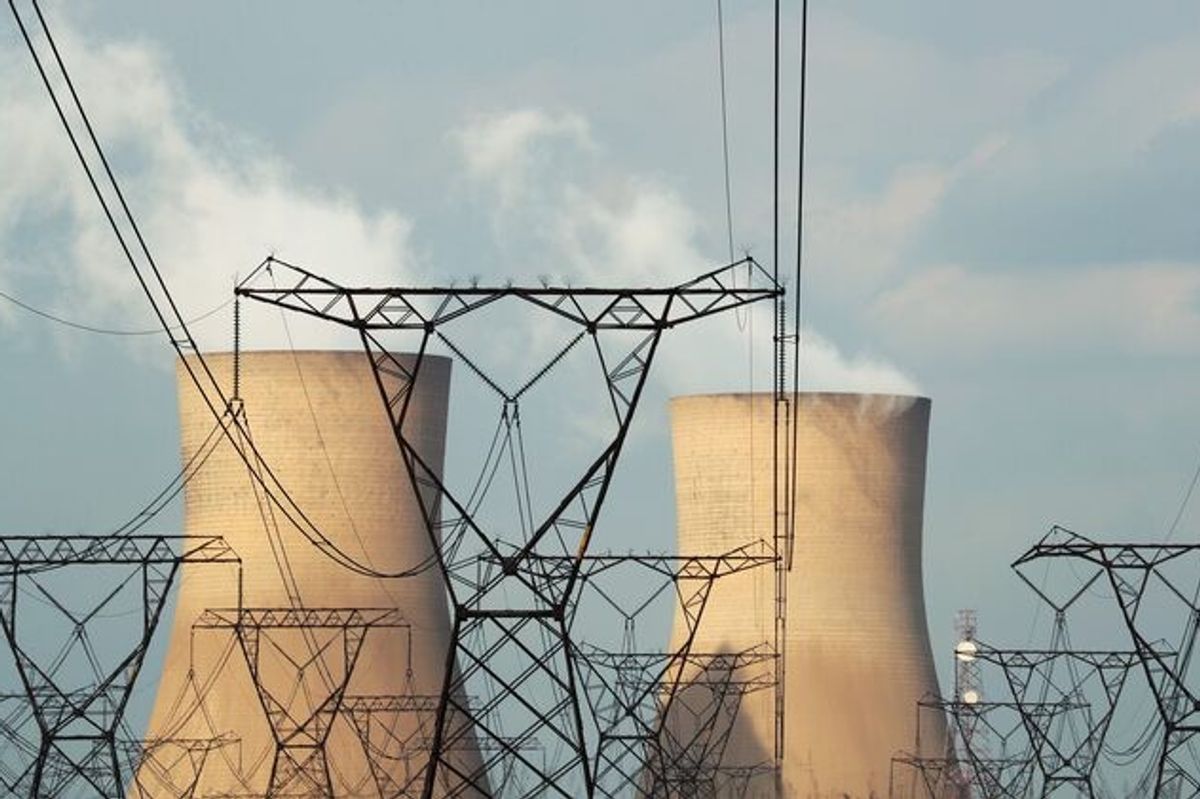Government orders gas companies to halt billing of captive power plant levy
Court orders refund to consumers if grid levy fails parliamentary approval

The imposition of gas charges, known as the "grid levy," on captive power plants has been halted following a decision by the Islamabad High Court, according to documents received by Nukta.
On April 11, 2025, the Islamabad High Court recalled an interim order that had previously suspended a controversial levy on natural gas used by captive power plants. The court, however, imposed strict conditions to protect companies from potential financial losses if the measure fails to gain parliamentary approval.
The ruling was issued in response to a petition filed by Engro Polymer & Chemicals Ltd. and other companies challenging the Grid (Captive Power Plant) Levy Ordinance, 2025. The ordinance, promulgated by Pakistan’s president in January, introduced a tax on industrial units generating electricity for self-use or sale.
The court ordered that all tax amounts collected from petitioners under the impugned ordinance must be deposited into and retained within the Federal Consolidated Fund for the duration of the ordinance's validity—120 days from its promulgation. These funds cannot be allocated, transferred, or spent for any purpose other than what is stipulated in the ordinance.
Furthermore, the court ruled that if the ordinance does not receive parliamentary approval, all sums collected under its authority must be refunded to the petitioners in full upon its lapse, without any deductions or delays.
Following this order, the Ministry of Energy directed Sui gas companies to stop billing captive power consumers for the grid levy.
Meanwhile, on April 16, Sui Northern Gas sent a letter to the Ministry of Energy seeking clarification on whether the bills already issued under the court’s April 8 order should now be considered withdrawn by reversing the amount in the system. The company also inquired whether the levy should be excluded from future billing cycles until explicit instructions are received from the Ministry of Energy.
Last month, the government raised gas prices for electricity generation units installed at export houses—particularly textile companies—to secure approval from the International Monetary Fund (IMF) for fresh loans and to bolster foreign exchange reserves.
The Pakistani government increased the gas price for gas-fired electricity generating plants set up at export companies—commonly known as captive power plants—by PKR 791 ($2.84), effective March 7, 2025, bringing the new rate to PKR 4,291 per mmbtu.
The government intends to gradually increase gas prices to PKR 6,000 per mmbtu by August 2026, according to official documents. The price will rise by 10% in July 2025, 15% in February 2026, and the remaining percentage by August 2026.
Gas-fired electricity plants at export units typically consume 400-450 mmcfd of gas, generating approximately 1,500 MW of electricity, according to government data.
The IMF has consistently urged the government to reduce or entirely eliminate incentives and ensure a uniform gas pricing structure across all sectors.
Popular
Spotlight
More from Business
Pakistan sees relief as falling crude oil prices trim import bill
Lower oil costs ease currency pressure and reduce inflation













Comments
See what people are discussing